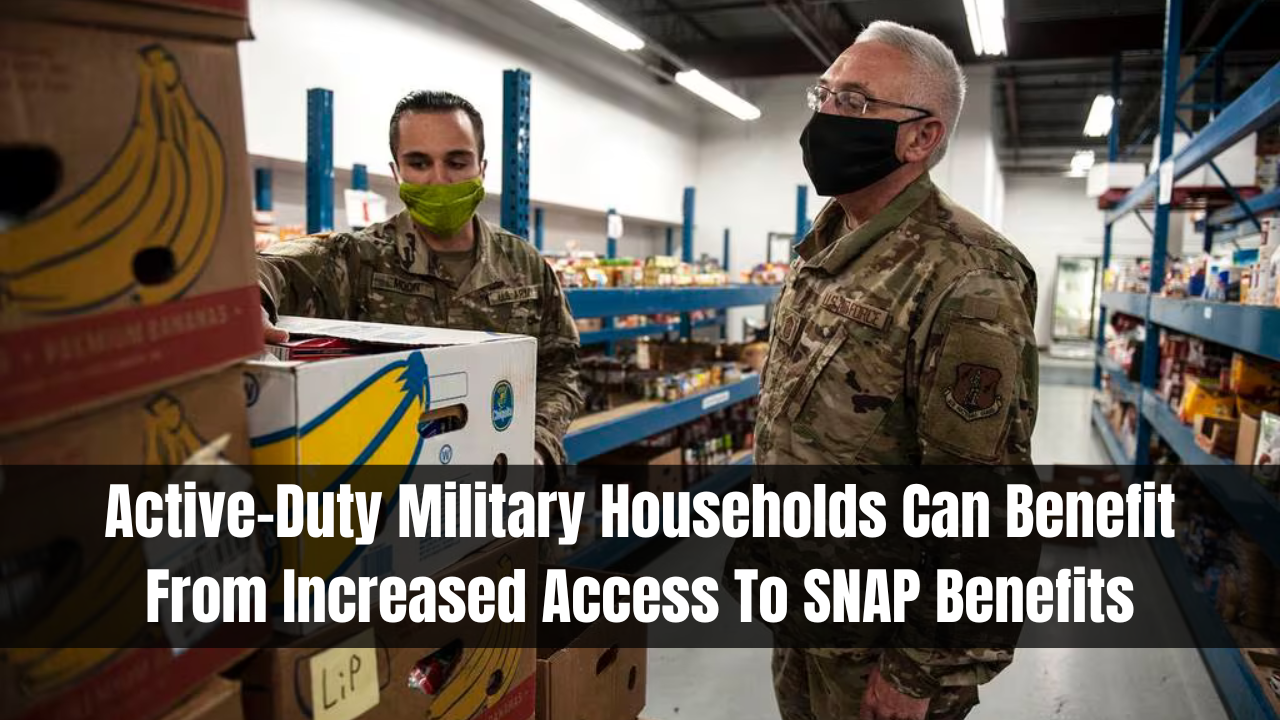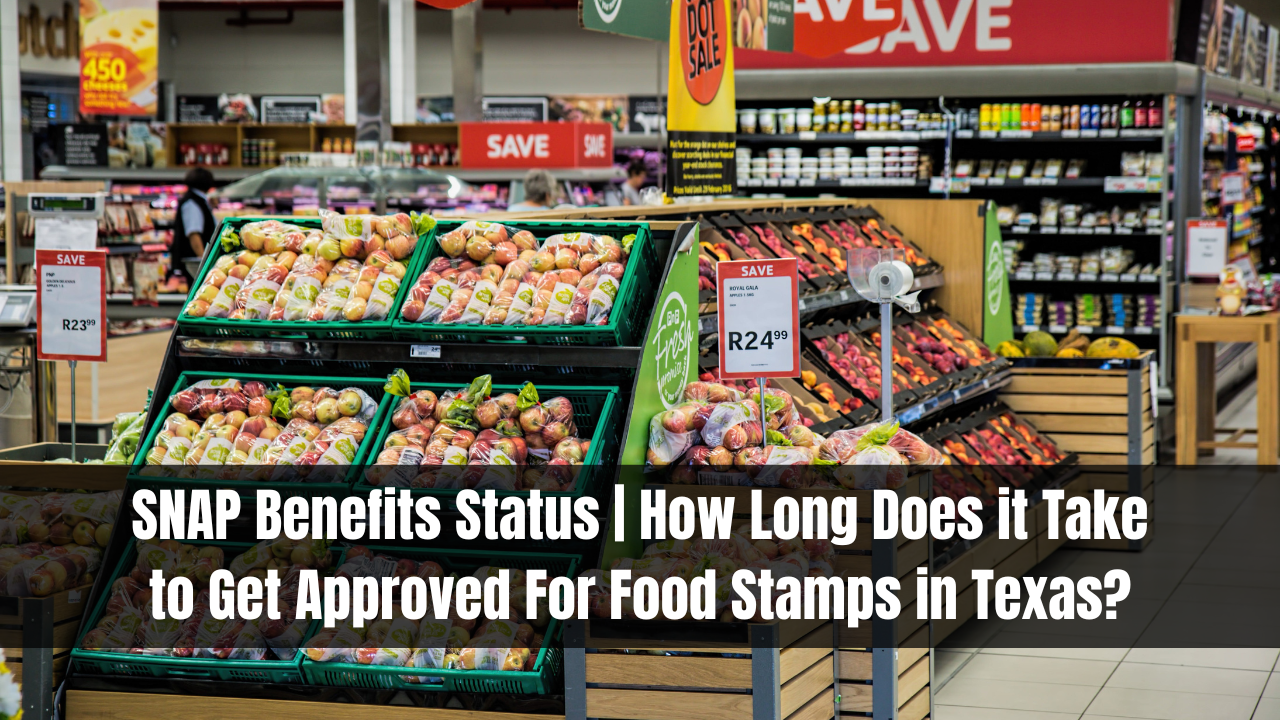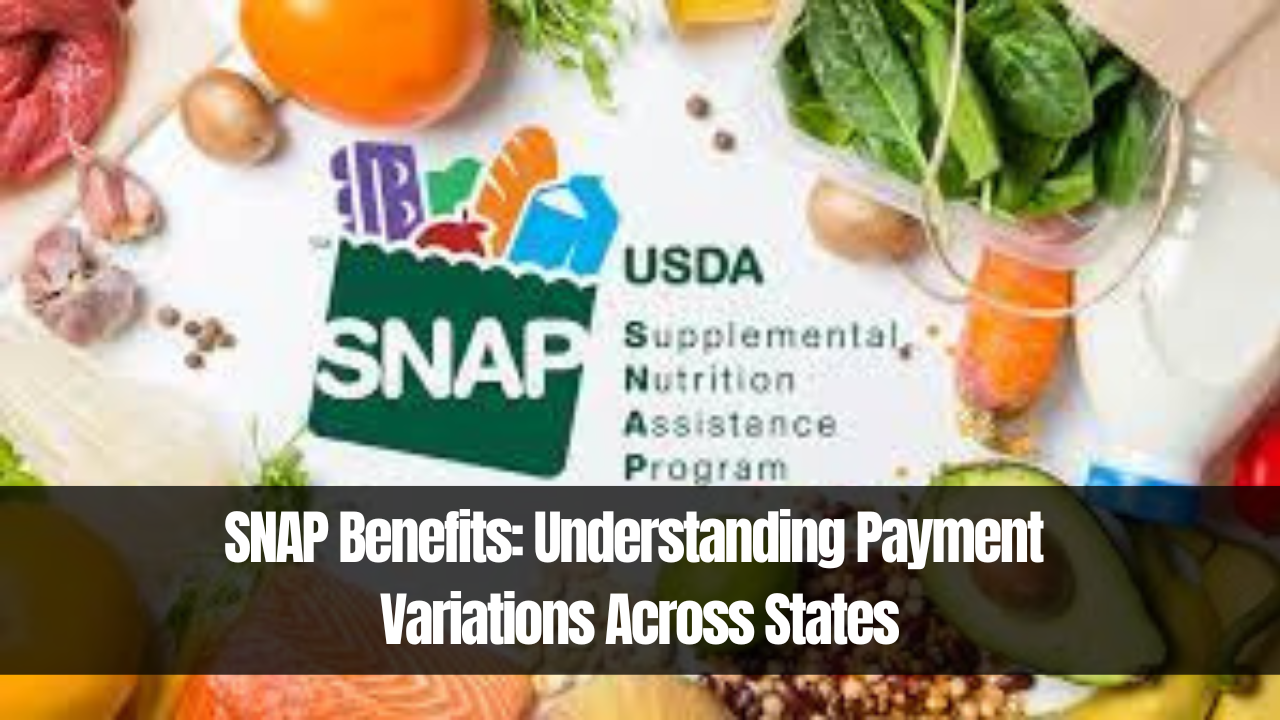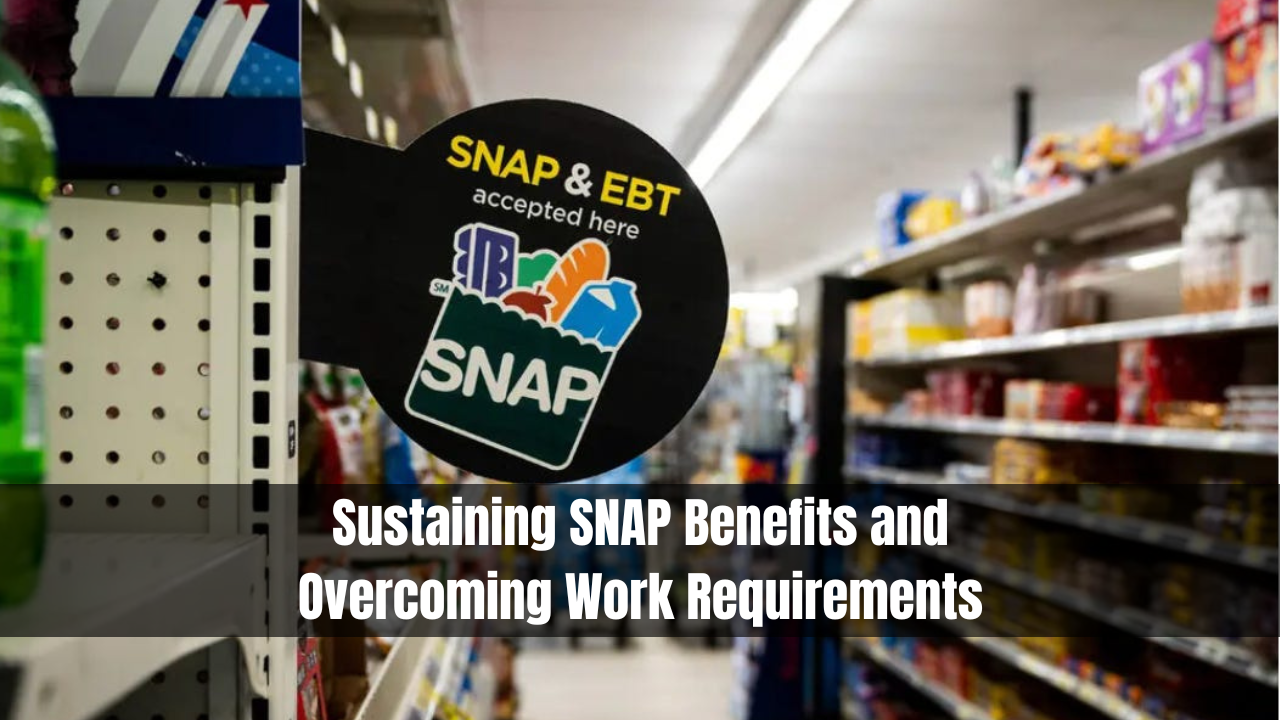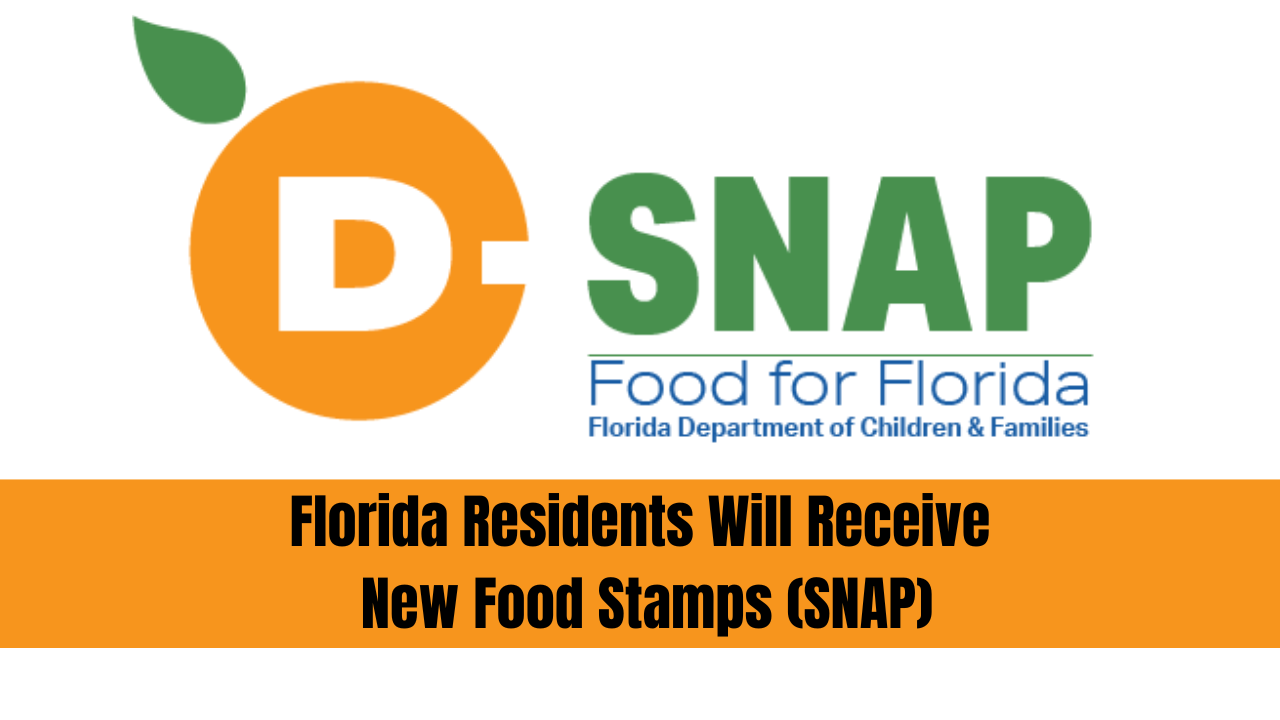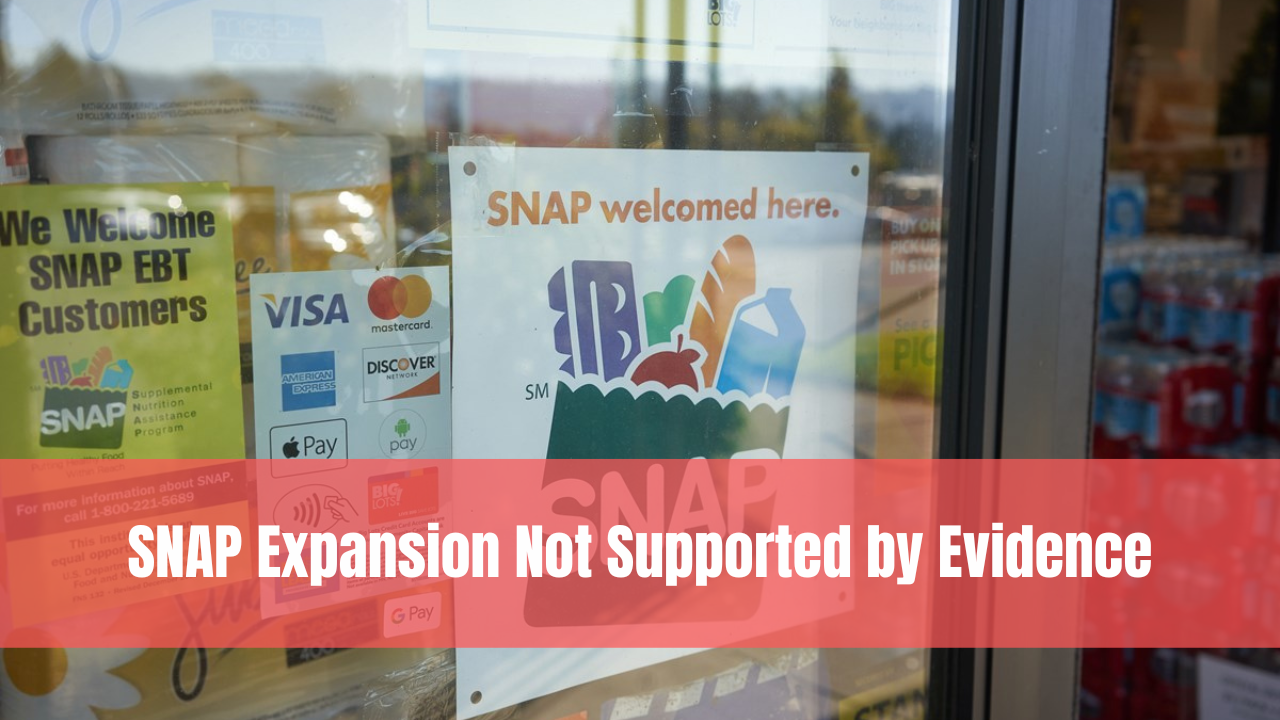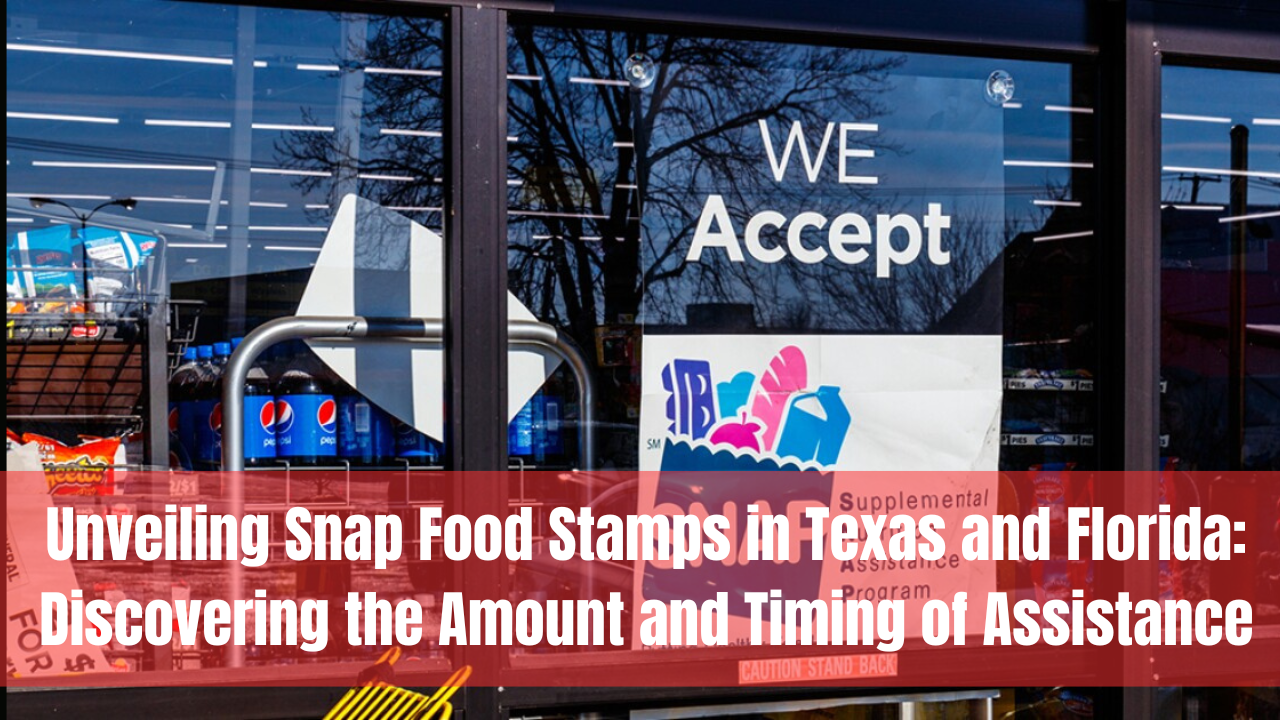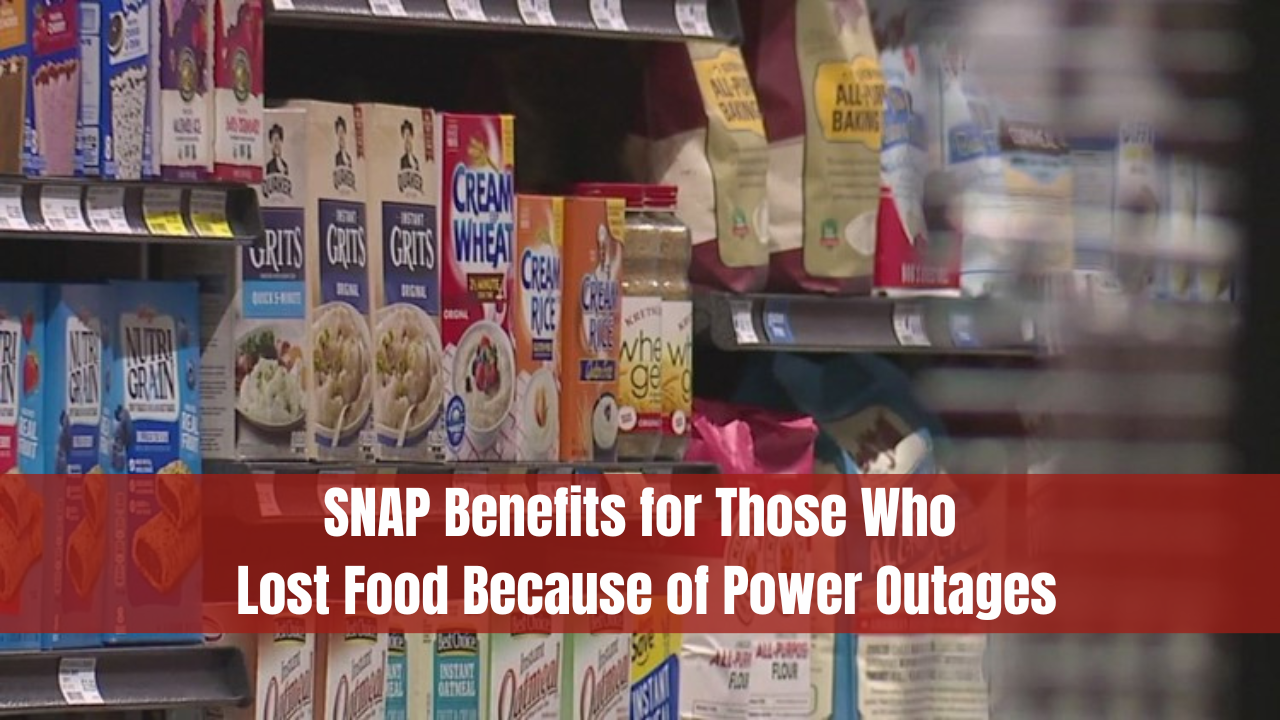Active-Duty Military Households Can Benefit From Increased Access To SNAP Benefits. In light of a recent study published in The Journal of Nutrition, it has been revealed that excluding the Basic Allowance for Housing (BAH) from the gross income of active-duty military households can significantly enhance eligibility for the Supplemental Nutrition Assistance Program (SNAP). The study emphasizes the potential impact on reducing poverty in this specific demographic.
Food Insecurity Among Active-Duty Military Households
The U.S. Department of Defense’s 2022 report on food insecurity among active-duty military households indicated that 24% of these households experienced food insecurity in the preceding year. This study further breaks down these figures, revealing that 14% faced low food security, and 10% experienced very low food security, the more severe form of food insecurity.
SNAP Role and the Knowledge Gap
SNAP, as the largest federal food and nutrition assistance program, aims to alleviate food insecurity by providing monthly benefits to low-income households. However, the study highlights the unknown number of military families eligible for or currently participating in the program, prompting the need for a closer examination.
Investigating BAH Exemption from Gross Income
Researchers, led by Giombi from RTI International, utilized data from the American Community Survey (2016-2020) to explore the impact of excluding BAH from gross income on SNAP eligibility. The study defines SNAP units as households eligible for benefits and investigates the potential benefits of aligning SNAP income eligibility with other public assistance programs.
Positive Impact on SNAP Eligibility and Poverty Reduction
The study’s results indicate a substantial increase in SNAP eligibility (263%) when exempting service members’ BAH from gross income. Notably, the highest impact was observed among SNAP units led by non-commissioned officers without dependents. Additionally, the associated costs of implementing the BAH exemption were relatively small, ranging from 0.4% to 1.3% in annual SNAP disbursements.
A Policy Option to Reduce Military Poverty
Exempting BAH from gross income is proposed as a viable policy option to increase SNAP eligibility and participation among military households. The study estimates an 83.9% reduction in military poverty, positioning this initiative as a practical step toward addressing food insecurity within the active-duty military community.
[irp]Conclusion
In conclusion, this study sheds light on a promising policy option to enhance access to SNAP benefits for low-income military households. By excluding BAH from gross income, not only can SNAP eligibility be significantly increased, but the initiative may also align income eligibility determinations with other public assistance programs. This research contributes to the ongoing dialogue on addressing food insecurity and poverty within the active-duty military population.
